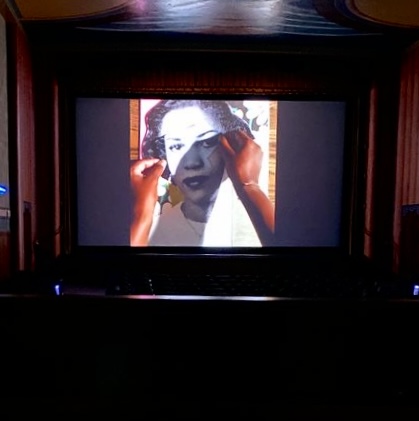The Griot Institute recently hosted a film screening at the Campus Theatre in our downtown Lewisburg. The Pieces I Am is a documentary about renowned Nobel and Pulitzer Prize-winning author Toni Morrison. In the documentary, Toni Morrison, alongside respectable figures like Angela Davis and Oprah Winfrey, examines her various works and how her writing and thinking influenced American society, particularly women and those in the black community. The documentary touches on her major works, The Bluest Eye, Songs of Solomon, Beloved, and Sula.
One of the first things Morrison says in the documentary is that words are power. She claimed that her aim for writing was to give Black people and women a voice, a voice denied to them by American institutions and society at large. Morrison also wanted to center her lived experience and Black people’s experiences by telling it the way it is: “I spent my entire life making sure that the white gaze was not dominant in my writing” (Morrison).
Her intention was not to speak for black people but to speak with and among black people. Her writing allows readers to discover meanings about themselves. For example, her book The Bluest Eye examines racism and how colorism hurts people’s personhood and identity, causing internal pain. A little girl who wants blue eyes because she feels it will make her beautiful due to the way society treats people with blue eyes. This internalized racism harms her because she knows that she can never have something that white people have, and this, in return, makes her feel worthless. These are the stories that Toni Morrison aims to portray: stories of everyday people’s experiences.
She was met with a great deal of criticism from white writers and critics, particularly from men because her chosen subjects did not fit their amusement. However, Morrison’s resilience and determination shone through. In most books Morrison read growing up, black people and women were not taken seriously, and for this, Morrison’s aim was to provide serious and real Black characters in order to change the narratives for Black readers.
The film was not what I expected. It was way higher than my expectations. The way in which the intersectionality of her writing, race, gender and class complimented each other was remarkable. From her work, it is evident that she didn’t want to separate any pieces of who she was because it was all important in shaping her as a writer and a person. I found this aspect of her work truly inspiring and it deepened my admiration for her.
Barbara Wankollie
